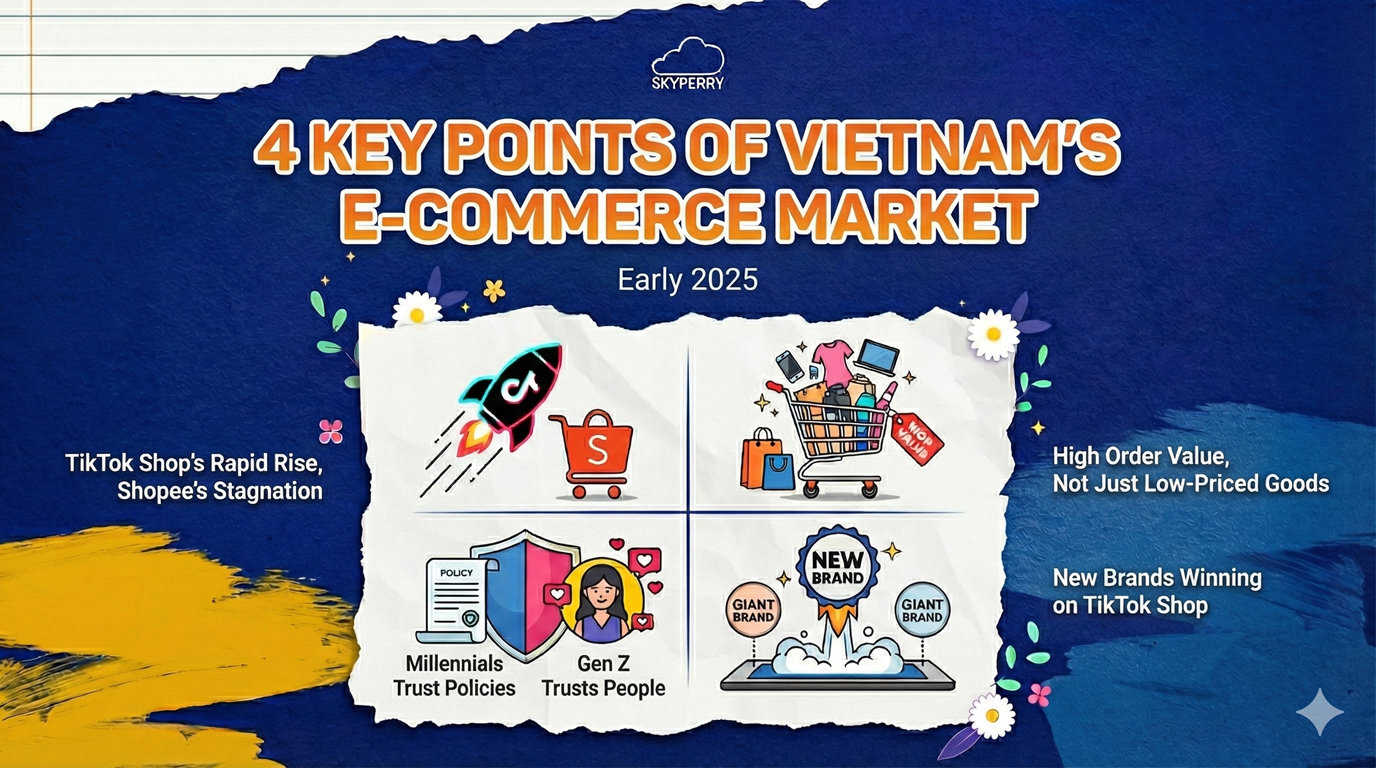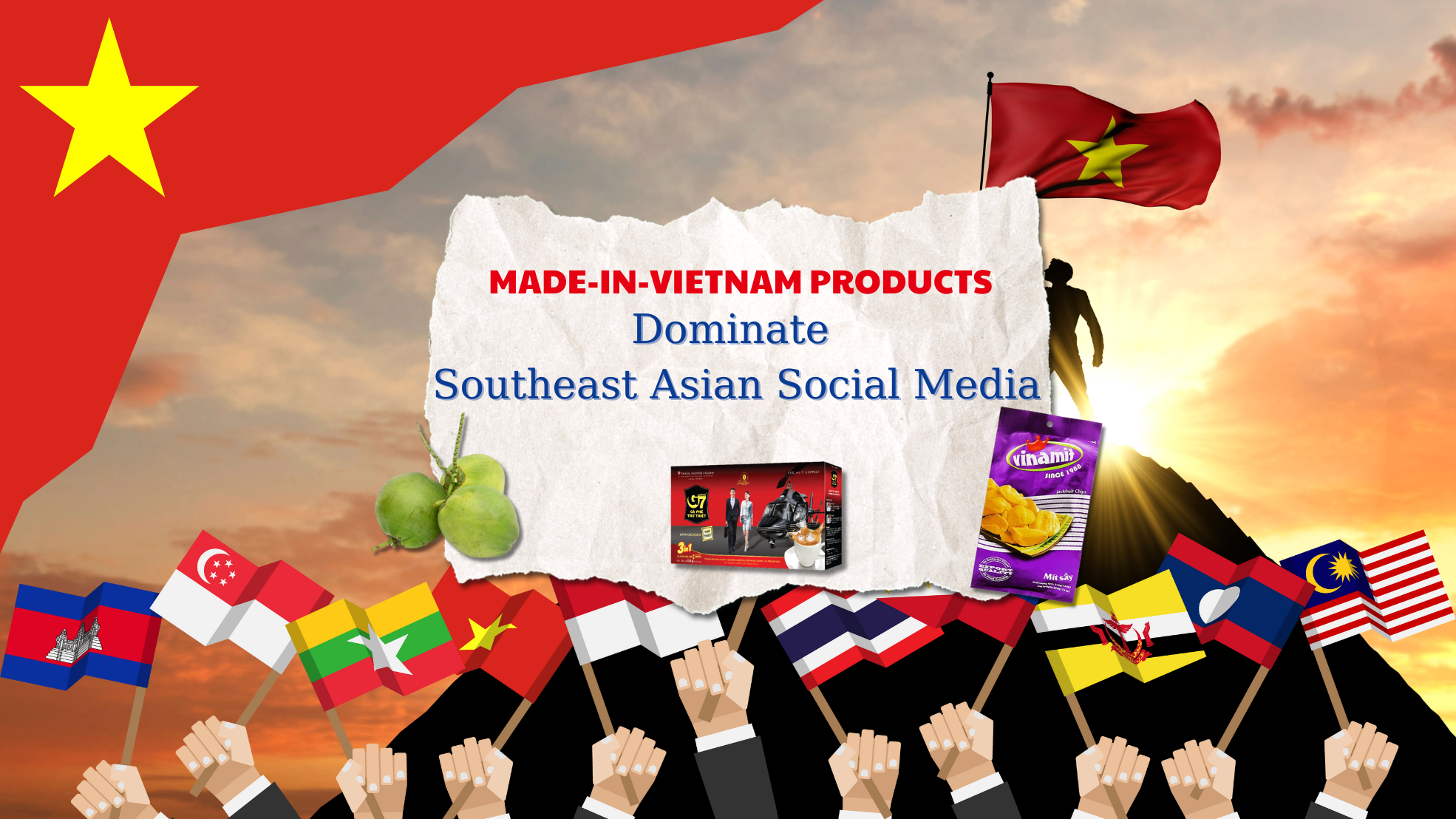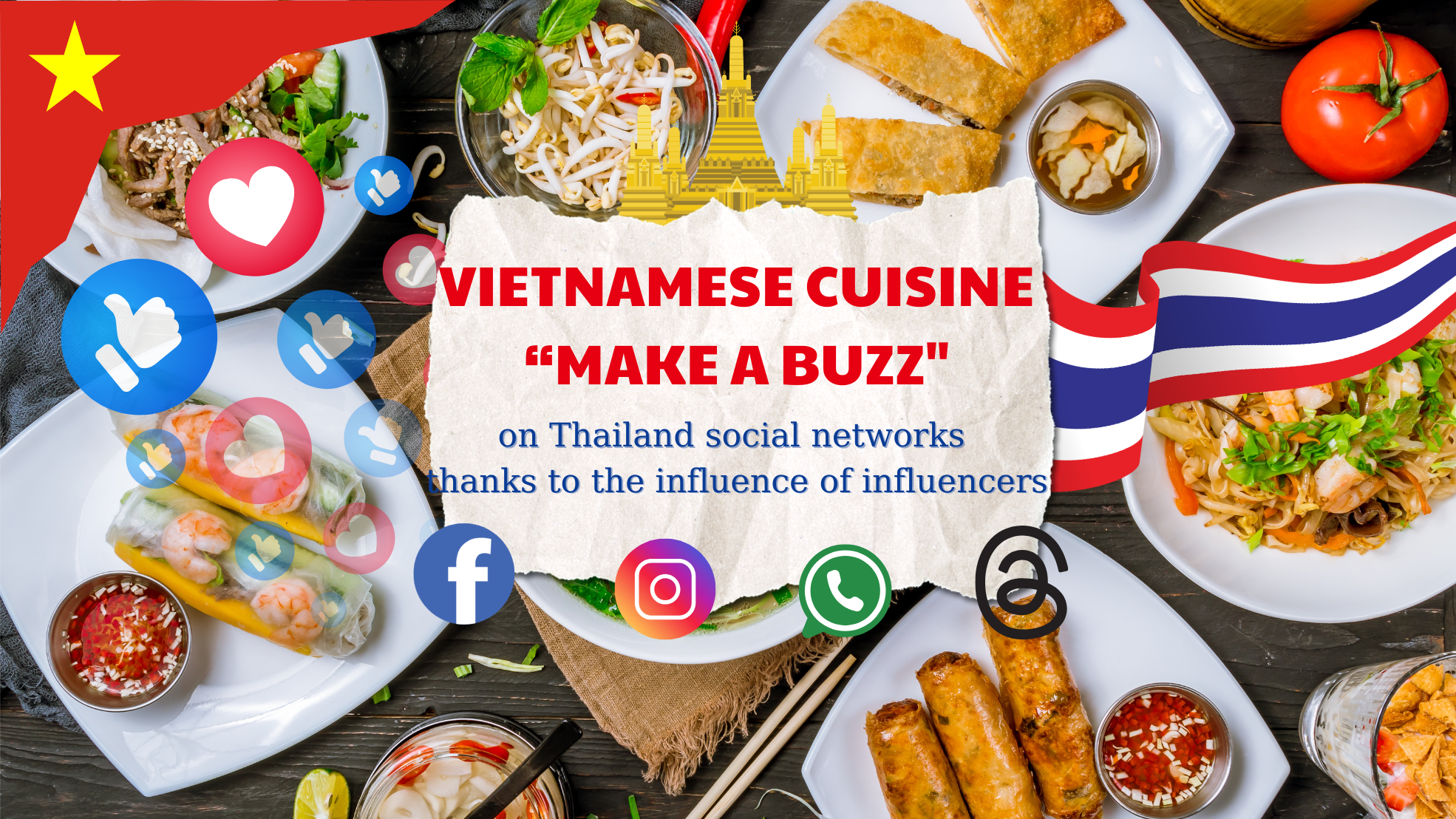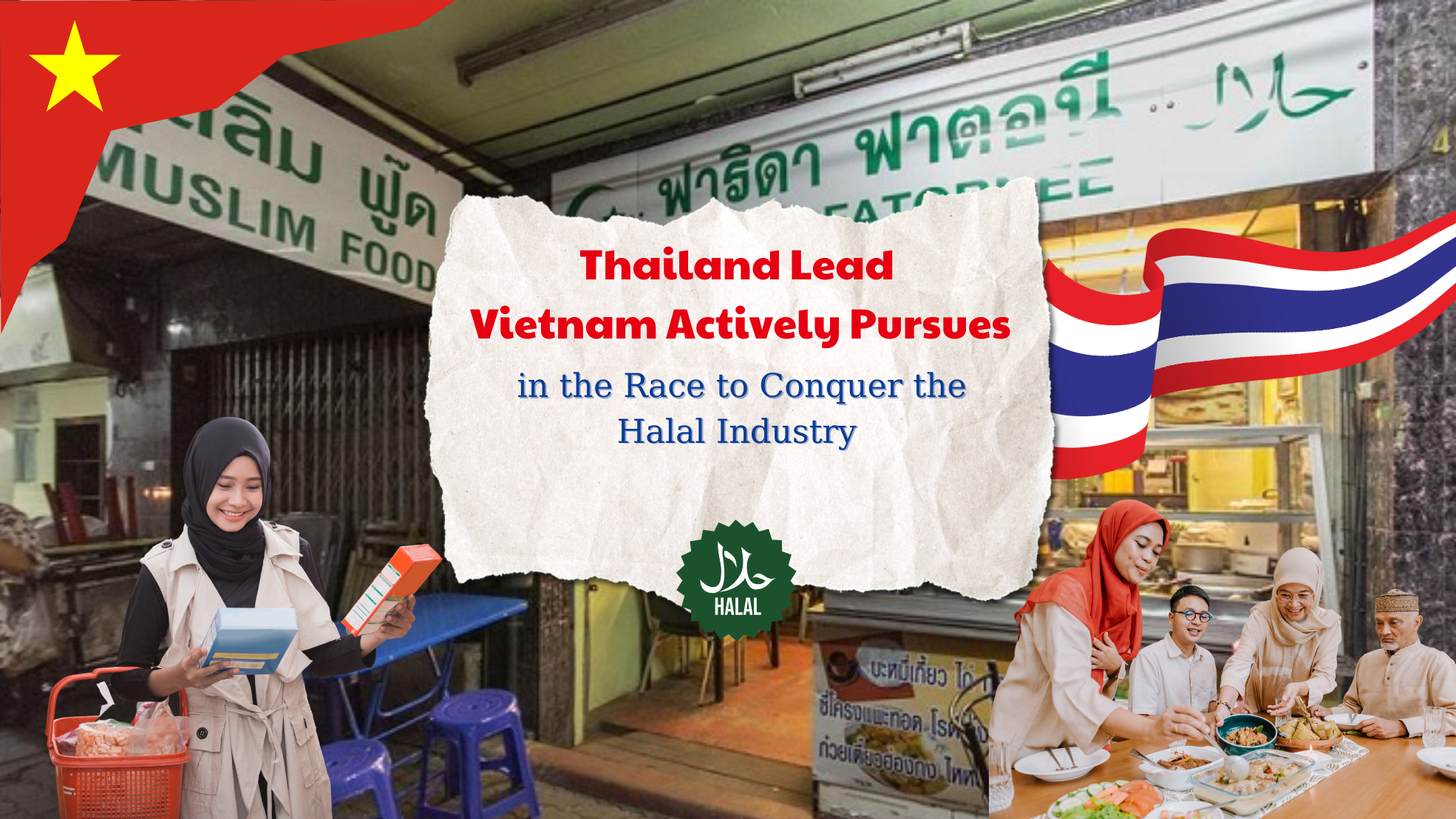Cultural & Religious Similarities
Vietnam and the Philippines, two Southeast Asian nations, share a notable openness to Western culture, particularly American influences. This stems from their historical ties with the United States. On another note, with over 80% of its population being Christian, the Philippines presents fewer dietary barriers for Vietnamese goods compared to Muslim-majority markets.
Additionally, Filipinos today are heavily influenced by Korean culture, which they admire and embrace. Vietnam, with its close diplomatic and economic ties to South Korea, hosts numerous Korean companies that bring a diverse range of Korean products to the market. Geographically, Vietnam’s southern regions experience a year-round hot and humid climate, while the north enjoys four distinct seasons, enabling the country to supply a wide variety of both tropical and temperate agricultural products.
This cultural alignment provides a strong foundation for Vietnamese products—such as fashion, processed agricultural goods, and food items—to enter the Philippine market with minimal cultural resistance.
Free Trade Policies
The trade relationship between the Philippines and Vietnam benefits from two key regional free trade agreements: ATIGA and RCEP. These agreements have secured preferential tariffs and removed numerous trade barriers, making the exchange of goods exceptionally seamless.
Notably, the ATIGA agreement was renegotiated and upgraded in 2024, with new provisions focusing on e-commerce and enhanced support for small and micro-enterprises trading within Southeast Asia. The upgraded ATIGA is set to be signed and implemented in early 2025, opening a timely window for Vietnamese businesses to ride the wave of opportunity and penetrate the promising Philippine market.
Vietnamese brands in furniture, household goods, and high-quality agricultural products have already begun making their mark in this market. The opportunities are not limited to large corporations—small businesses can also capitalize on the current favorable business environment.
The Rise of E-Commerce in the Philippines
Few realize that the Philippines’ e-commerce sector has surged by 400% over the past five years, making it the second-fastest-growing market globally. This boom is fueled by improved logistics, the rise of cashless payments, and supportive government policies. It’s part of the Philippines’ long-term National E-Commerce Development Plan (2022–2025).
This e-commerce growth allows Vietnamese brands to reach Filipino consumers without the hefty investments required for traditional channels, offering a cost-effective entry into the market.
Growing Popularity of Vietnamese Cuisine
The sizable Vietnamese workforce in the Philippines has significantly popularized Vietnamese cuisine. Vietnamese-style brewed coffee is widely available at beverage stalls across Manila, while Phở Hòa, a well-known Vietnamese culinary brand, boasts over 30 outlets in the capital alone. Vietnamese restaurants are rapidly opening in areas with large Vietnamese and expatriate populations, consistently attracting both local and Vietnamese customers.
Moreover, as the Filipino middle class grows, so does the demand for healthy food options. Vietnam’s robust agricultural sector has positioned its cuisine as a health-conscious choice in the Philippines. A Filipino tourist once remarked after visiting Vietnam that even ordinary Vietnamese workers eat like the wealthy in the Philippines. Healthy, nutritious food tends to be expensive and exclusive in the Philippines, accessible only to a select portion of the population.
Despite this immense potential, limited marketing efforts mean Filipino consumers remain largely unaware of Vietnamese brands beyond familiar items like coffee and instant noodles.
SKYPERRY’s Solution
SKYPERRY, an influencer marketing agency with a strong presence across Southeast Asia, including the Philippines, recognizes this market opportunity. To bridge the gap, SKYPERRY has launched the SEAcommerce program, designed to help Vietnamese brands break into the Philippine market through a network of KOLs (Key Opinion Leaders) and influencers. The program offers a seamless ecosystem covering export-import logistics, social commerce sales, and local order fulfillment, ensuring Vietnamese products go straight from producers to Filipino consumers.
For more details and to register for the program, click here.



